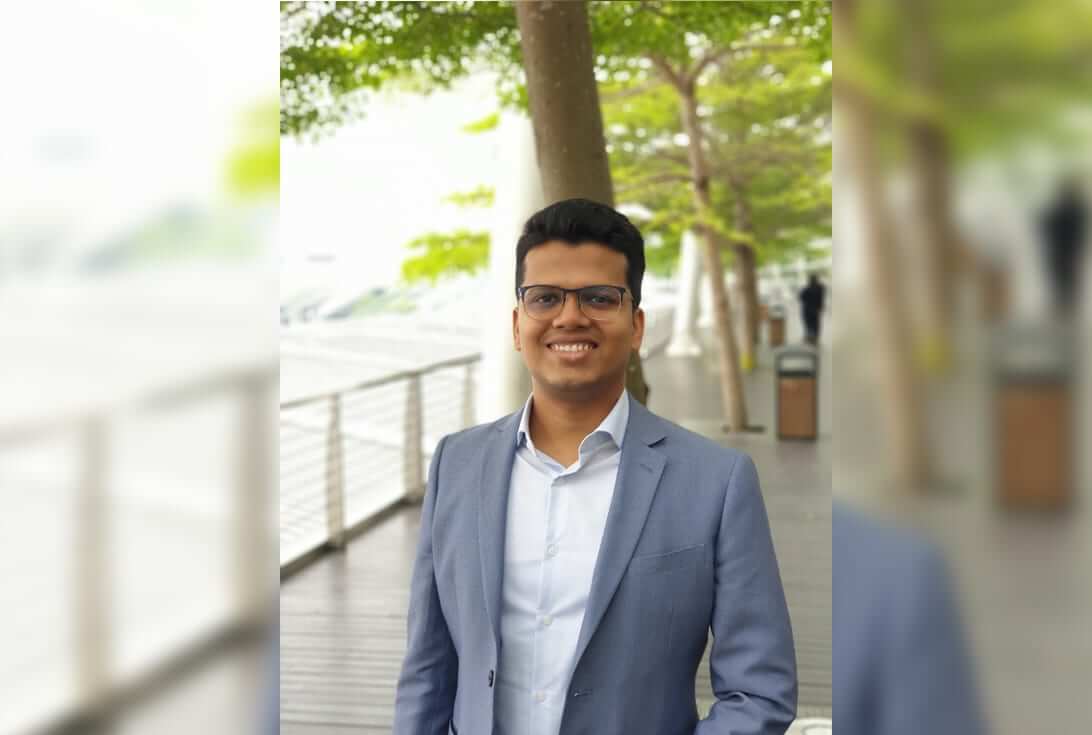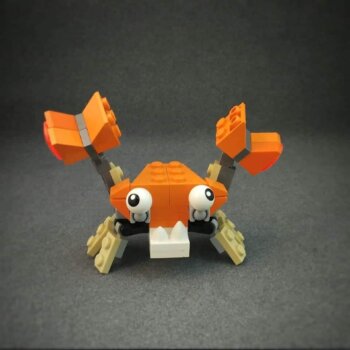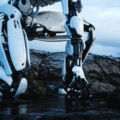Somsubhra Uses AI and Machine Learning to Identify Food Trends In Real-Time
What’s your story?
I have worked in the Food industry for a decade. During that time, I have seen how product innovation is done across different food categories and markets. It became clear that the current product innovation process has not changed in the last 30 years. Companies are sitting on huge amounts of data but they are making very little use of it. I was confident that with the current advancement in AI and machine learning, we could build a solution to make the product innovation process faster and better. Thus, I co-founded Ai Palette with Himanshu Upreti.
What excites you most about your industry?
Food is one of the basic necessities of life. Food connects people, bringing them together at the same table. Food brings smiles to people’s faces. Food is culture. Food is a large part of what defines us. I am excited about what I do because by providing effective tech we enable companies to create great-tasting products that consumers want and need.
What’s your connection to Asia?
I was born and brought up in India. My work has taken me all over Asia from the deserts of the middle-east to the shores of South-East Asia.

Favorite city in Asia for business and why?
Sunny Singapore! Singapore has a very solid ecosystem for startups making it a very good launchpad for entrepreneurs. Also, it’s geographic location makes it the right place as a base from which to target the countries around it. Also, there is an abundance of talent due to good universities and the presence of large companies.
What’s the best piece of advice you ever received?
“Business is all about people.” This advice came from my former manager and it couldn’t be more true. Whether getting a new customer, building a new product, or raising money, it is all about how well you understand the other person and how well you work with that person.
Who inspires you?
I am inspired by my great grandfather. During the partition of British India, he had to move with his family from East Pakistan (now Bangladesh) and seek refuge in Independent India with thousands of other refugees. He strongly believed that education would make the newly independent country a strong nation. So he started a school to teach refugee children. His school was destroyed thrice: twice in a flood and once it burnt down. The destruction did not dampen his resolve. He rebuilt the school a 4th time and it is now known as one of the best schools in the state. The road in front of the school was named after him.
What have you just learned recently that blew you away?
I learned that barefoot running is better than running with shoes and that you can actually run long distances barefoot; you just need to train for it. Ever since I started practicing barefoot running my speed has increased and I have had fewer running injuries.
If you had your time again, what would you do differently?
I am happy with how life turned out for me. The good or bad along the way made me who I am today, and I am at peace with that.
How do you unwind?
I unwind by reading or cooking. My “unwind reads” are non-business books that have no connection to my work. Typically, I read non-fiction books that help me learn about someone or something new.
I cook a lot these days, trying to recreate some of my grandmother’s dishes that I ate as a child. My interest in food probably comes from the countless hours I spent in her kitchen during my childhood. She would cook and tell me stories, and in the end, I would be rewarded with a delicious dish.
Favorite Asian destination for relaxation? Why?
Vietnam. As a country, it has a lot to offer: natural beauty, history, culture, and, of course, the food.
Everyone in business should read this book:
“Trillion Dollar Coach: The Leadership Playbook of Silicon Valley’s Bill Campbell,” by Alan Eagle, Eric Schmidt, and Jonathan Rosenberg. This is a great book on leadership and very different from other books because the leadership principles are not written by a CEO but from the perspective of a Coach who has guided the CEOs of successful companies like Google and Apple.

Shameless plug for your business:
Ai Palette helps FMCG (Fast Moving Consumer Goods) food companies create consumer winning products using Artificial Intelligence and Machine Learning. Ai Palette’s patented technology identifies food trends in real-time, uncovers consumer drivers and motivations, and helps in creating product concepts that meet unmet consumer needs. Ai Palette’s Natural Language Processing algorithm can also understand Asian languages, making it truly one of a kind.
Ai Palette is currently working closely with some of the world’s largest food companies, including Fortune 500 giants. Ai Palette was selected as one of the Top 15 global Food Tech startups at Slingshot, one of Asia’s largest international pitching events, held annually in Singapore.
How can people connect with you?
Please feel free to connect with me on Linkedin: https://www.linkedin.com/in/somsubhrag/
Twitter handle?
Write2som
—
This interview is part of the ‘Callum Connects’ series of more than 1000 interviews

Callum Laing is an entrepreneur and investor based in Singapore. He has previously started, built, and sold half a dozen businesses and is now a Partner at Unity-Group Private Equity and Co-Founder and CEO of MBH Corporation PLC. He is the author of three best-selling books ‘Progressive Partnerships’, ‘Agglomerate’, and ‘Entrepreneurial Investing’.
Connect with Callum on Twitter and LinkedIn
Download free copies of his books at www.callumlaing.com





























